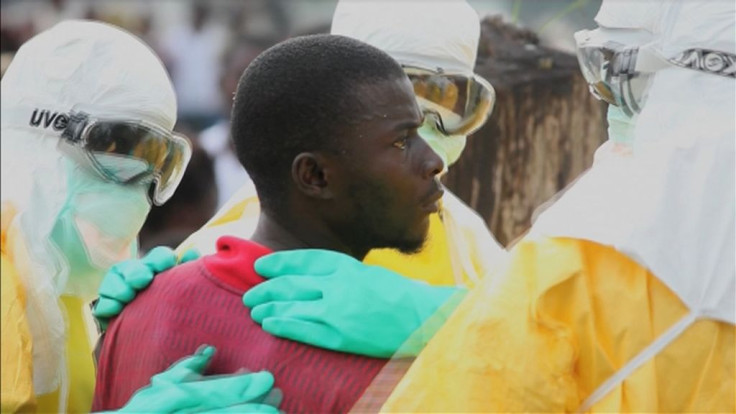Ebola Outbreak Accelerates As Vaccine Begins Human Safety Trials This Week; Senegal Sees First Patient

Having approved a fast-tracked schedule for testing an experimental Ebola vaccine, the National Institutes of Health (NIH) will begin human trials this week at its Clinical Center in Bethesda, Md. The vaccine, co-developed by National Institute of Allergy and Infectious Diseases (NIAID) and GlaxoSmithKline (GSK), is intended to prevent the disease that has killed more than 1,400 people in the current outbreak occurring in West Africa. In a recent statement, the World Health Organization (WHO) indicated the disease is continuing to accelerate with more than 40 percent of the total number of cases having occurred between Aug. 7 and Aug. 28 since the outbreak began earlier this year.
The NIH study is just one in a parallel series of human trials intended to evaluate the vaccine’s safety and ability to generate an immune system response in healthy adults; the vaccine will also be given to healthy volunteers in the United Kingdom, Gambia, and Mali in separate trials run by GSK. Ministry of Health officials in Nigeria are discussing with the Centers for Disease Control and Prevention initiation of an additional safety trial of the experimental vaccine in that country.
Initial data from the human trials are expected in late 2014, when the vaccine, if proven safe and effective, is expected to be rolled out to at-risk populations on an experimental basis.
“There is an urgent need for a protective Ebola vaccine, and it is important to establish that a vaccine is safe and spurs the immune system to react in a way necessary to protect against infection,” noted NIAID Director Dr. Anthony S. Fauci, who said an additional experimental Ebola vaccine developed by the Public Health Agency of Canada will also begin testing this fall at the Walter Reed Army Institute of Research in Silver Spring, Md.
New Cases in Senegal and the DRC
As of Aug. 30, WHO has announced 3,069 suspected and confirmed cases of Ebola infection, including 1,552 deaths reported in Guinea, Liberia, Nigeria, and Sierra Leone. On Aug. 29, Senegal’s Ministry of Public Health and Social Affairs announced its first case of Ebola, when a 21-year-old male native of Guinea, who had arrived in Dakar, was hospitalized with symptoms of the illness. Senegal is treating this case, which triggered an immediate contact tracing investigation, as a top priority emergency. Meanwhile, West Africa is becoming more chaotic, the UN’s Food & Agriculture Organization noted today, with restricted movement due to quarantine zones having resulted in a labor shortage, which places the upcoming harvests at risk.
WHO confirmed a separate and unrelated outbreak of Ebola disease on Aug. 26 in the Democratic Republic of Congo (DRC), the country’s seventh outbreak since 1976. “The introduction of the virus into the human population following contact with infected bushmeat (usually fruit bats or monkeys) is consistent with the pattern seen at the start of previous outbreaks,” noted WHO in a statement issued Tuesday. Infection with the Ebola virus is transmitted by direct contact with the blood, bodily fluids, and tissues of infected animals or people.
The NIAID/GSK vaccine was designed by Dr. Nancy J. Sullivan, chief of the Biodefense Research Section in NIAID’s Vaccine Research Center, working in collaboration with institute colleagues as well as scientists at a Swiss-Italian biotechnology company acquired by GlaxoSmithKline last year. The NIH trial involves 20 healthy adults between the ages of 18 and 50, each receiving a dose of the vaccine at two different strengths. While the initial clinical trials are underway, GSK will begin manufacturing up to 10,000 additional doses of the vaccine in preparation for an emergency immunization program to be rolled out by WHO, the company stated.
Published by Medicaldaily.com



























